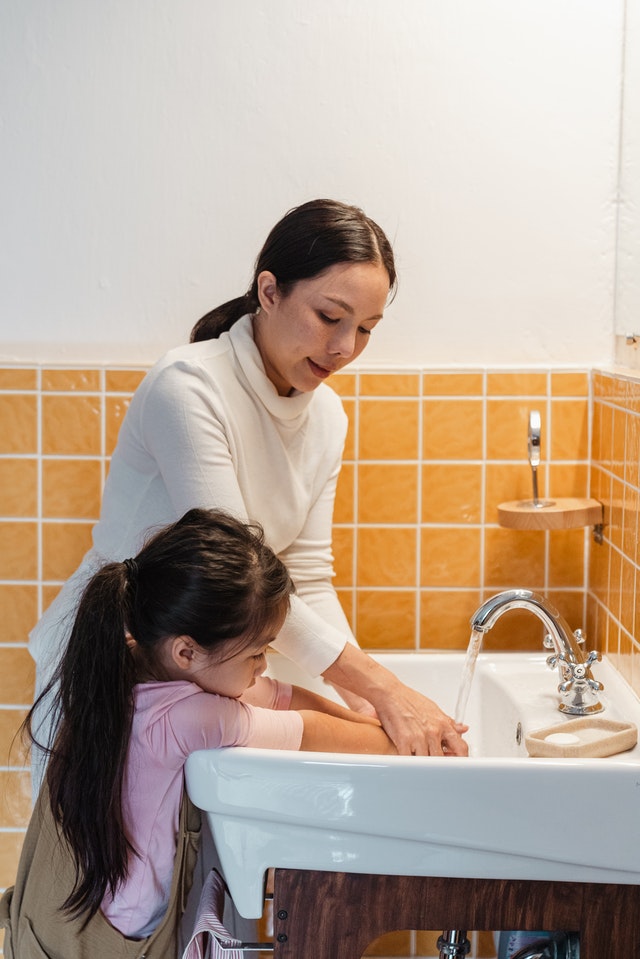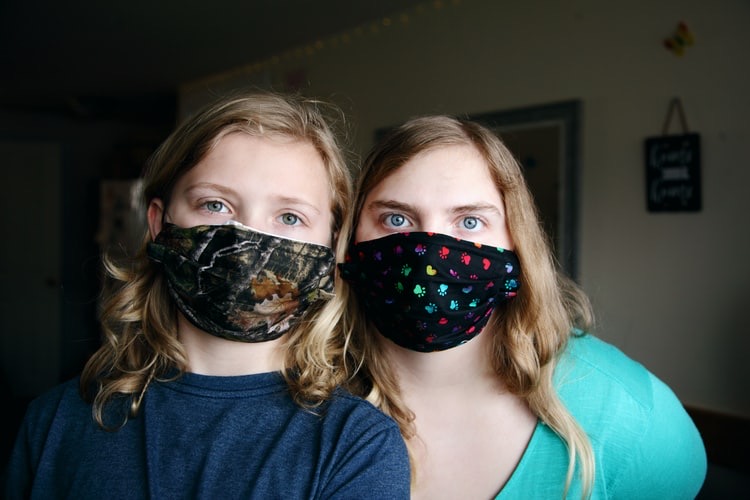

Adult Children of Emotionally Immature Parents
by Counseling and Wellness Center of PittsburghDecember 7, 2023 abuse, adult children of emotionally immature parents, borderline personality disorder, boundaries, BPD, BPD Relationships, complex trauma, counseling for trauma, cptsd, dysfunctional family, emotionally immature parents, family counseling, family estrangement, generational trauma, invalidation, Narcissistic mother, Narcissistic parents, narcissistic personality disorder, Personality disorders, pittsburgh, resilience to trauma, therapy for trauma, toxic family, toxic parents, trauma, trauma counseling, trauma informed care, trauma therapy, traumatic childhood, victim blaming1 comment
Adult Children of Emotionally Immature Parents
Being a parent is a big responsibility. And sometimes, parents find it difficult to work through their emotions. A parent’s inability to be emotionally mature, often referred to as emotionally immature parents, can make things complicated for their kids and the entire family as a whole.
The...Learn More
Parenting in the Age of COVID-19: Being There For Our Kids
by Counseling and Wellness Center of PittsburghMarch 14, 2021 child counseling, child therapy, family counseling, family counseling during corona virus, parenting, Parenting and Families0 comments
Whether you’re a parent or caregiver, weathering the pandemic with children has probably felt like a pressure cooker at times. Boredom, turmoil, and anxiety arise when faced with remote school days or filling long afternoons sans extracurriculars.
Kids look to the adults in their lives to help them cope with this complex, global situation. How can we make strong mental health choices to...Learn More
Tips for Co-Parenting during Quarantine Coronavirus
by Counseling and Wellness Center of PittsburghMay 11, 2020 corona virus and shared custody, family counseling during corona virus0 comments
Tips for Co-Parenting during Quarantine Coronavirus
It is always important for parents to be on the same page when it comes to their children, perhaps it is even more important that parents take the time create an atmosphere of predictability and consistency in shared custody and co-parenting family dynamics. The family counseling community has seen many examples of damaging dynamics...Learn More
How to reduce conflict and enhance your relationship during Quarantine
by Counseling and Wellness Center of PittsburghApril 10, 2020 family and marriage counseling, quarantine, relationship conflict, social distancing0 comments
How to reduce conflict and enhance your relationship during Quarantine COVID-19.
While many sources state that there are potential dangers to sharing home, life, and work space with your partner, and children, and dog, and anyone else that finds their way into your domestic life, we want to discuss that there are many ways to turn those potential pitfalls into opportunities for relationship...Learn More